Vegan Diet Hair Loss: Causes, Tips, And Foods To Eat
Unfortunately, this popular diet may wreak havoc on your precious mane!
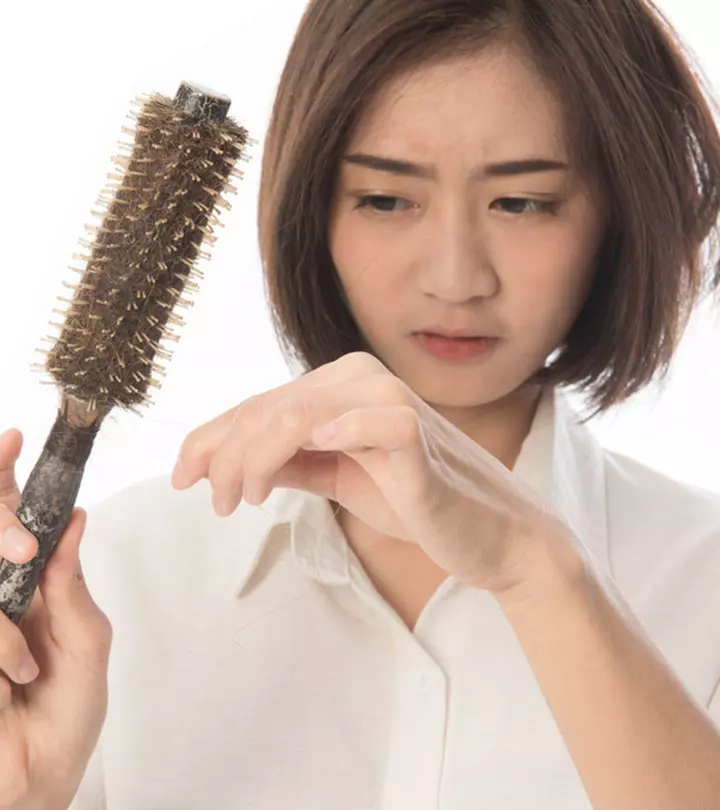
Image: Shutterstock
A vegan diet and hair loss may go hand in hand. Surprising, right? In general, adopting a vegan lifestyle poses no problem, as it is unlikely to impact hair growth directly. However, a poorly managed vegan lifestyle may cause nutrient imbalance and deficiencies, which may affect hair growth and cause hair fall.

In a survey comprising 6,093 US adults, opinions were collected on vegan diets. About 29% of respondents believed that a vegan diet is healthier than a non-vegan diet, while 32% thought it is less healthy. A significant size of the respondents (39%) lacked a clear opinion on the matter.
However, there are ways to avoid nutritional deficiencies and manage hair loss. This article explains the link between a vegan diet and hair loss and how to avoid that. Keep reading to learn more.
In This Article
What Causes Hair Loss In Vegans?
Several factors may cause hair loss in vegans:
1. Dietary Restrictions
Vegans do not consume animal-derived food, such as meat, eggs, seafood, and dairy. Thus, they miss out on the nutrients that these foods have to offer, resulting in hair shedding. Dietary restrictions may cause a lack of essential nutrients and vitamins for hair growth and maintenance, like (1):
- Protein
Protein deficiency and decreased protein intake are linked to telogen effluvium, causing temporary hair loss and hair thinning. Typically, you get a large amount of protein from dairy and meat products. Your body is deprived of this due to veganism. Hence, to conserve energy, your system halts all ’unnecessary’ activities, including hair growth (2).
- Iron (Ferritin Levels)
Iron increases your red blood cell count and distributes oxygen throughout the body, including your scalp. Individuals who are deficient in iron tend to experience hair loss. Women, especially, are prone to hair loss from a lack of iron and low serum ferritin (iron-binding protein) levels (2).
- Zinc
Zinc is a trace element, and the human body cannot generate it on its own. Zinc helps in cell growth and development and DNA synthesis. Insufficient zinc levels in your diet can cause alopecia (a telltale sign of zinc deficiency) and telogen effluvium (2). The main dietary sources of zinc include milk, meat, and fish, which vegans do not consume.
- Folic Acid (Vitamin B12)
Research found that people with telogen effluvium and androgenetic alopecia had low levels of folic acid in their bodies (2). Consuming folic acid for hair growth helps maintain scalp health by developing red blood cells that provide oxygen to the hair follicles. It is mainly found in eggs, meat, and dairy products, which vegans do not eat.
A YouTuber shared her hair loss experience while on a vegan diet plan. She said, “I noticed that there was a lot of hair fall and when I combed my hair or especially when I wash my hair. So ever since I bumped my fat intake, I started taking in my vitamin B complex and especially my iron, I noticed that the excessive hair fall stopped and everything went back to normal again (i).” She added that the hair fall started as she started following a high-carb, low-fat diet plan.
2. Rapid Weight Loss
A lot of fat comes from animal products. Switching to veganism may cut out all the fat from the diet. This may cause rapid weight loss, triggering telogen effluvium (1). Rapid weight loss also puts a lot of stress on the body, disrupting normal body functioning and hair growth.
3. Thyroid Issues
Hair thinning
and loss is a common symptom of thyroid problems (3). Get your thyroid levels checked and talk to a doctor for a treatment plan.
4. Dehydration
Inadequate water intake can also contribute to hair loss. Studies indicate that even mild dehydration can diminish blood circulation to your skin (4). This may potentially limit the flow of blood to your hair follicles and, consequently, influence hair growth negatively. Hence, ensure sufficient water consumption throughout the day, as hydration plays a vital role in promoting healthy hair growth and maintaining the overall integrity of the hair shaft.
5. Hormonal Imbalance
Hormonal imbalances, common in both men and women, can contribute to hair loss (5). Vegan diets may influence hormone levels due to changes in nutrient intake. Ensure sufficient intake of nutrients crucial for hormone production, such as zinc and vitamin D. Also consider consulting with a healthcare professional to identify and address hormonal imbalances that may impact hair health on a vegan diet.
Given the restrictive nature of veganism, you will likely notice an increase in hair loss. But you need not give up your plant-based diet to save your locks! Try the following vegan-friendly foods for hair growth to maintain strong, healthy hair. However, there are more foods for hair growth that you must explore to stimulate your hair growth.
Key Takeaways
- Due to the dietary constraints of a vegan diet, deficiencies in protein, iron, zinc, or folic acid may cause hair loss.
- This vegan diet may also lead to rapid weight loss or thyroid issues, which may cause hair loss.
- Eat a vegan diet rich in legumes, nuts, seeds, grains, fruits, and vegetables to keep your hair strong, nourished, and healthy.
- Additional tips to help prevent hair loss include taking mineral, vitamin, and protein supplements.
Best Vegan Foods To Consume For Healthy Hair
1. Protein
Make sure to include the following foods in your diet to increase your protein intake.
- Legumes: Lentils, black beans, kidney beans, chickpeas, soybean, and tofu
- Nuts: Almonds, peanuts, walnuts, and pecans
- Seeds: Chia, flax, sunflower, and pumpkin
- Grains: Quinoa, oats, and rice
- Fruits: Coconuts, guavas, and avocados
- Vegetables: Green peas, mushrooms, French beans, and broccoli
2. Iron
The body does not easily absorb the iron from fruits and vegetables as it does from meat and dairy products. Hence, increase your intake of the following iron-rich vegan foods for healthy hair:
- Legumes: Beans, soybeans, and lima beans
- Nuts: Almonds, cashews, and foxnuts
- Seeds: Pumpkin, sunflower, pistachio, and pulses
- Grains: Fortified cereals, quinoa, rice, and oats
- Fruits: Dried apricots, prunes, and figs
- Vegetables: Beets, spinach, kale, and watercress
 Quick Tip
Quick Tip3. Zinc
To fill the gaps in your nutritional needs, incorporate the following zinc-rich foods into your diet.
- Legumes: Beans, lentils, soy, and tofu
- Nuts: Cashews and almonds
- Seeds: Sesame, sunflower, and pumpkin
- Grains: Bran, wheat, quinoa, and fortified cereals
- Fruits: Avocados, kiwis, and blueberries
- Vegetables: Spinach, asparagus, and mushrooms
4. Vitamin B12
Here are a few vegan-friendly foods that you can try to increase your B12 levels:
- Legumes: Tempeh
- Fortified Foods: Cereals, almond milk, and nutritional yeast
However, vegan food sources may not be enough to reduce the risk of deficiency. You may take vitamin supplements to avoid nutritional deficiency.
Here are some top tips to prevent hair loss and thinning from a vegan diet.
Tips To Combat Hair Loss From A Vegan Diet
1. Eat Nutritious Food
One of the best ways to avoid hair loss when on a vegan diet is by eating foods with high amounts of vitamins, minerals, and other nutrients. You may talk to a dietitian or nutritionist and follow a balanced diet chart.
2. Start Taking Supplements
Most of the time, you may not be able to meet the daily dietary intake goal of certain nutrients when on a plant-based diet. To cover that deficiency, you may take supplements. Consult a doctor regarding this.
 Quick Tip
Quick Tip3. Monitor Your Caloric Intake
Make sure you meet your daily calorie requirement. This helps maintain healthy body functions and manage your weight. Meeting the calorie requirements also prevent rapid weight loss.
 Quick Tip
Quick TipGoing vegan can also influence many other health-related factors that may directly or indirectly affect your hair health. Let’s take a look.
What Factors Can A Vegan Diet Influence To Minimize Hair Loss?
1. It May Lower Blood Pressure
Following a healthy and balanced vegan diet may help control your blood pressure (6). Hypertension may also cause androgenetic alopecia. The research found a link between using spironolactone, a drug used to treat hypertension, and alopecia (7).
2. Reduces Inflammation
A vegan diet contains anti-inflammatory properties that may help reduce inflammation (8). Chronic inflammation increases androgen activity in the body and increases DHT levels (9). This may trigger hair loss.
3. Reduces Cholesterol Levels
A plant-based diet helps reduce cholesterol levels in the body (10). High cholesterol levels affect the hair follicles and may cause hair disorders like alopecia and hirsutism. However, more research is needed to identify how hair follicles synthesize cholesterol and how high cholesterol levels affect follicle proliferation (11).
4. Regulates Blood Sugar Levels
A vegan diet helps regulate blood sugar levels and is an excellent way to manage type 2 diabetes and improve insulin resistance (12). Poor insulin resistance is linked to androgenetic alopecia (female pattern baldness) (13).
Following a vegan diet does not cause hair loss. However, a poorly managed vegan diet and nutritional deficiencies may affect hair health. A vegan diet has immense health benefits. However, ensure that you maintain proper nutrient balance, take supplements, and follow a healthy lifestyle. Often, underlying conditions may also trigger hair loss. Therefore, if you have thought that a vegan diet and hair loss are linked, it may not be the actual reason. Consult a doctor to check for deficiencies and other factors and follow the prescribed treatment. You may also seek suggestions regarding a well-balanced diet for hair growth,which can help stimulate hair growth.
Frequently Asked Questions
Are vegans deficient in biotin?
No, not necessarily. Studies suggest that vegans are not deficient in biotin(vitamin B7) (14). Ensure that you consume foods rich in biotin to avoid this issue.
Are vegans more likely to go bald?
No, there is no direct link between a vegan diet and hair loss (15). However, a lack of proper nutrients may increase your risk of hair loss. Consult a nutritionist for a proper and healthy vegan diet.
Can a vegan diet reverse thinning hair?
Eating a healthy and balanced vegan diet along with a healthy lifestyle may reduce your risk of thinning hair.
Watch the following video to discover strategies for preventing hair loss while following a vegan diet. The video shares valuable advice on the best tips and insights on maintaining healthy hair without animal products.
Personal Experience: Source
StyleCraze's articles are interwoven with authentic personal narratives that provide depth and resonance to our content. Below are the sources of the personal accounts referenced in this article.
(i) Excessive Hair Fall On A Vegan Diet? How I Dealt With It!https://www.youtube.com/watch?v=c5ZyLgjPrXw
References
Articles on StyleCraze are backed by verified information from peer-reviewed and academic research papers, reputed organizations, research institutions, and medical associations to ensure accuracy and relevance. Read our editorial policy to learn more.
- Diet and hair loss: effects of nutrient deficiency and supplement use
https://www.ncbi.nlm.nih.gov/pmc/articles/PMC5315033/ - The Role of Vitamins and Minerals in Hair Loss: A Review.
www.ncbi.nlm.nih.gov/pmc/articles/PMC6380979/ - Clinicoepidemiological Observational Study of Acquired Alopecias in Females Correlating with Anemia and Thyroid Function
https://www.hindawi.com/journals/drp/2016/6279108/ - Hydration Status and Cardiovascular Function
https://www.ncbi.nlm.nih.gov/pmc/articles/PMC6723555/ - Effects of Hormones and Endocrine Disorders on Hair Growth
https://www.ncbi.nlm.nih.gov/pmc/articles/PMC9788837/#:~:text=In%20both%20males%20and%20femalesto%20antiandrogen%20medication%20%5B34%5D.&text=Male%20pattern%20hair%20loss%20hasandrogen%2Ddependent%20%5B34%5D. - A plant-based diet and hypertension
https://www.ncbi.nlm.nih.gov/pmc/articles/PMC5466938/ - Association of androgenetic alopecia and hypertension
https://pubmed.ncbi.nlm.nih.gov/17478384/ - Association of vegetarian diet with inflammatory biomarkers: a systematic review and meta-analysis of observational studies
https://pubmed.ncbi.nlm.nih.gov/28836492/ - A hypothetical pathogenesis model for androgenic alopecia: clarifying the dihydrotestosterone paradox and rate-limiting recovery factors
https://www.sciencedirect.com/science/article/pii/S0306987717310411 - Association between plant-based diets and plasma lipids: a systematic review and meta-analysis.
www.ncbi.nlm.nih.gov/pmc/articles/PMC5914369/ - Cholesterol homeostasis: Links to hair follicle biology and hair disorders
https://onlinelibrary.wiley.com/doi/pdf/10.1111/exd.13993 - A plant-based diet for the prevention and treatment of type 2 diabetes
https://www.ncbi.nlm.nih.gov/pmc/articles/PMC5466941/ - Hair loss, insulin resistance, and heredity in middle-aged women. A population-based study
https://pubmed.ncbi.nlm.nih.gov/12775957/ - Biotin nutritional status of vegans, lactoovovegetarians, and nonvegetarians
https://pubmed.ncbi.nlm.nih.gov/2773827/ - The Role of Diet as an Adjuvant Treatment in Scarring and Nonscarring Alopecia
https://www.karger.com/Article/Fulltext/504786
Read full bio of Garima Singh
Read full bio of Ramona Sinha
Read full bio of Anjali Sayee
Read full bio of Monomita Chakraborty





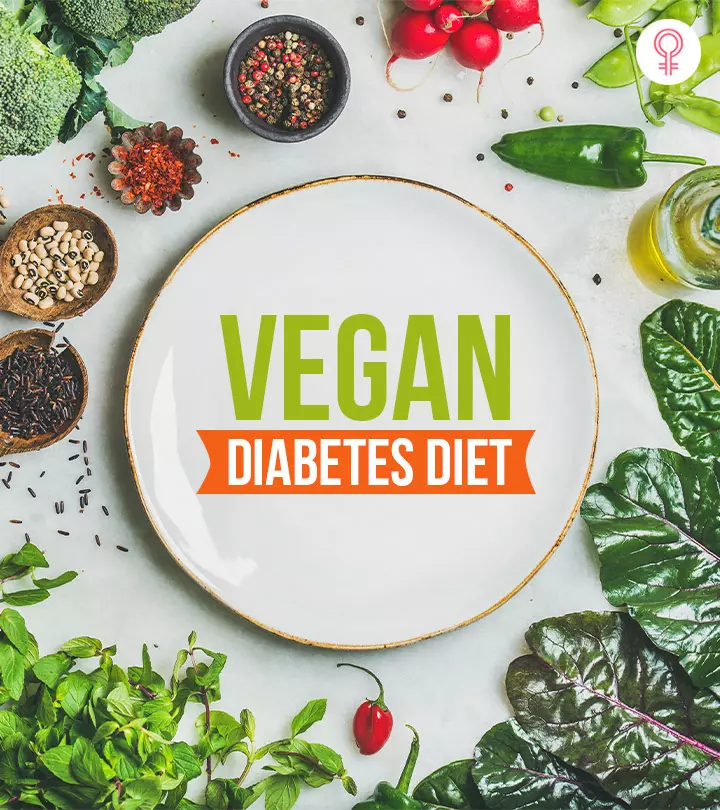
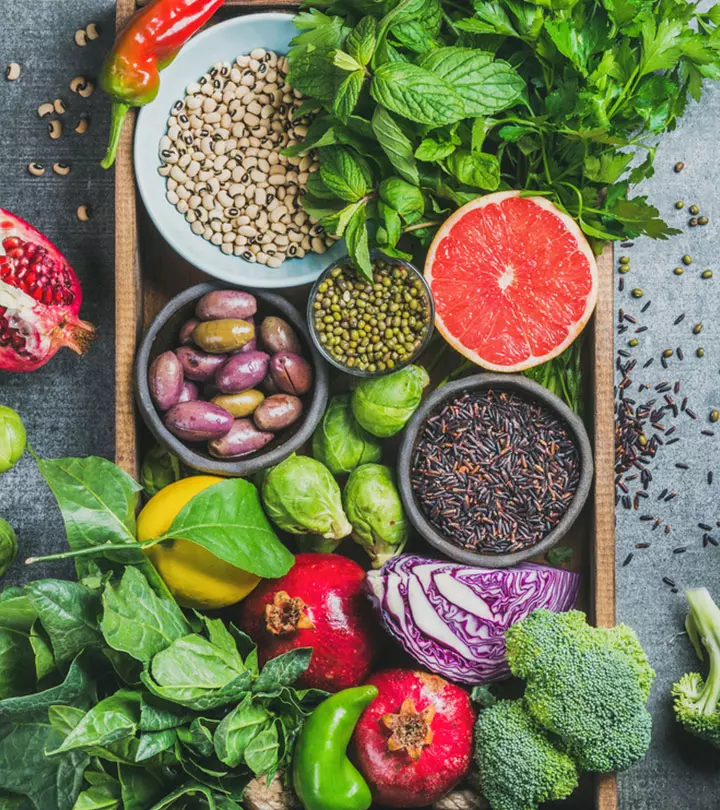
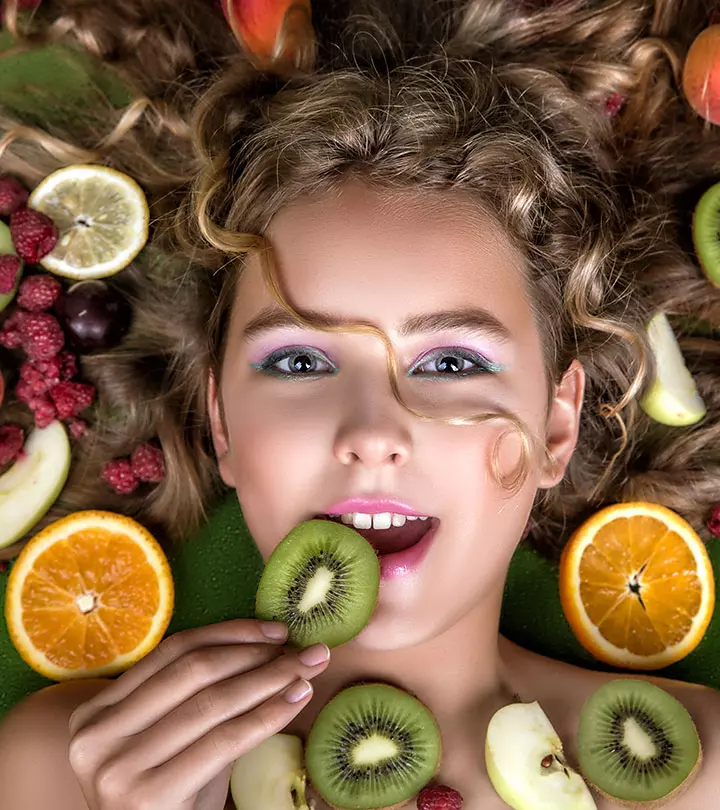
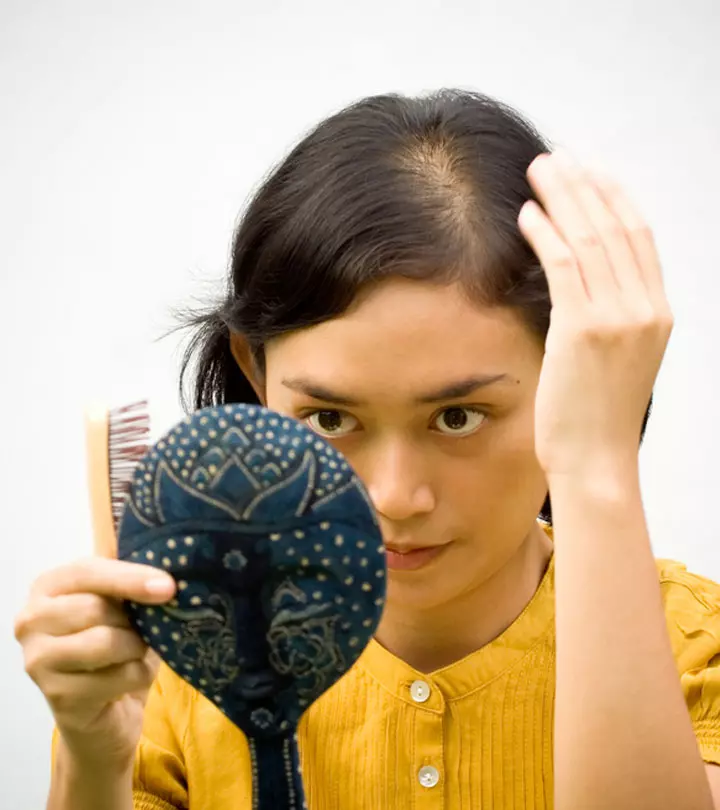
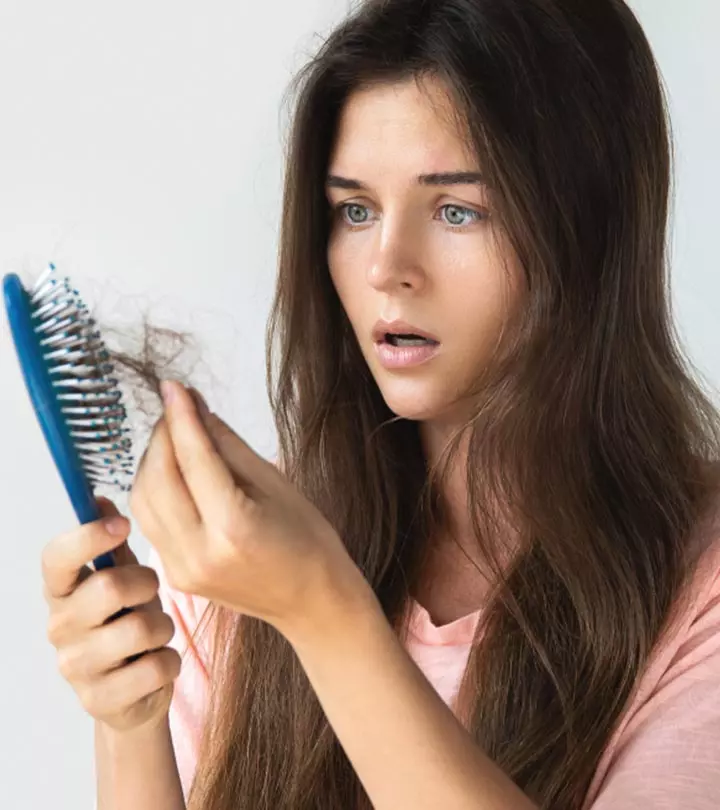
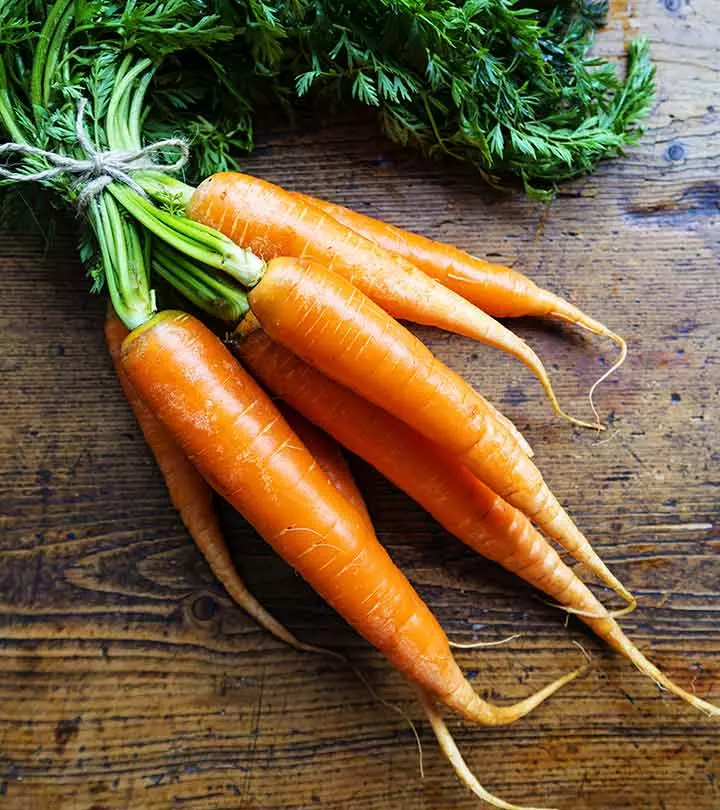
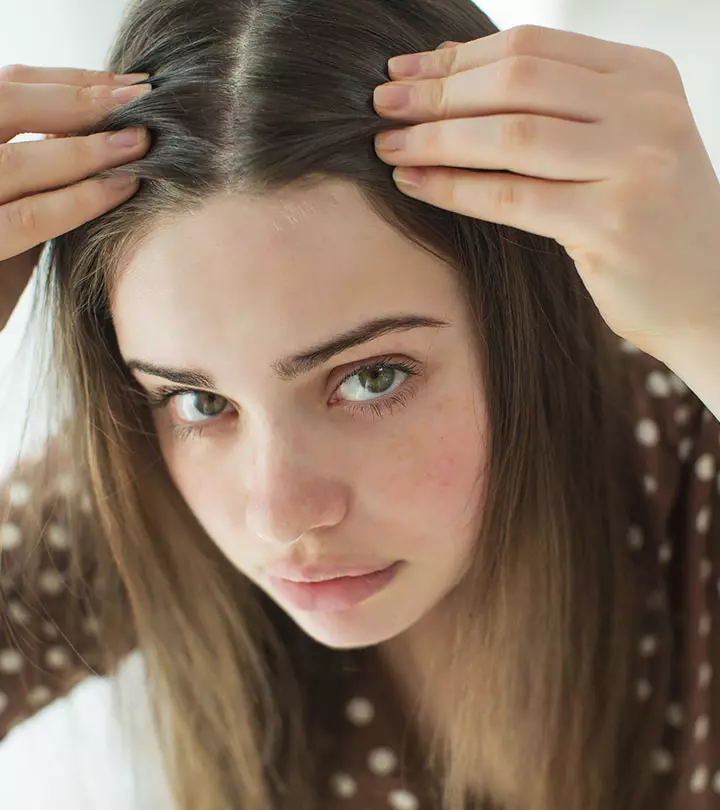
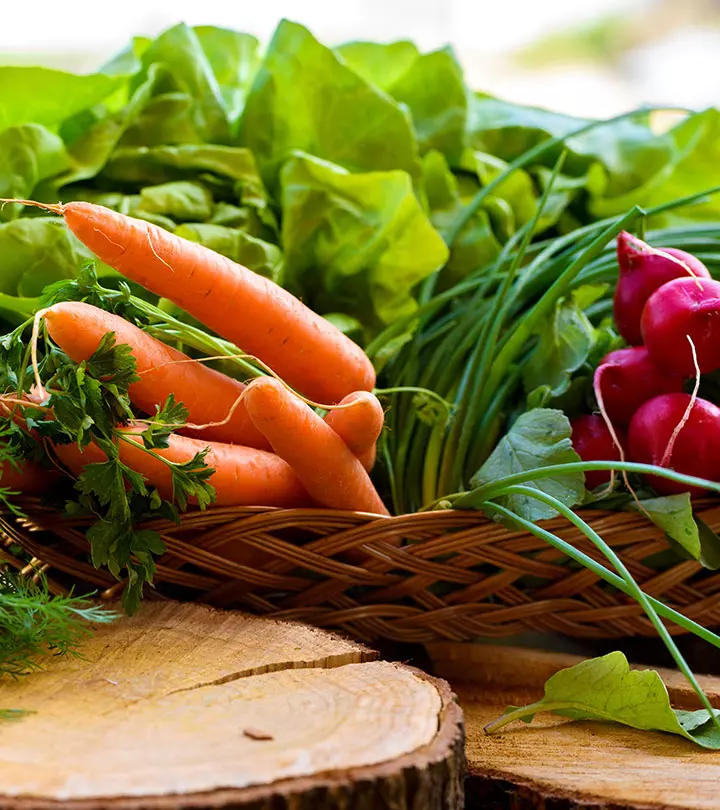

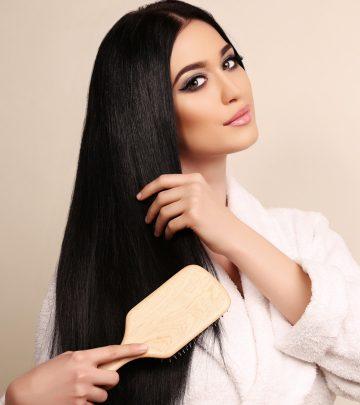
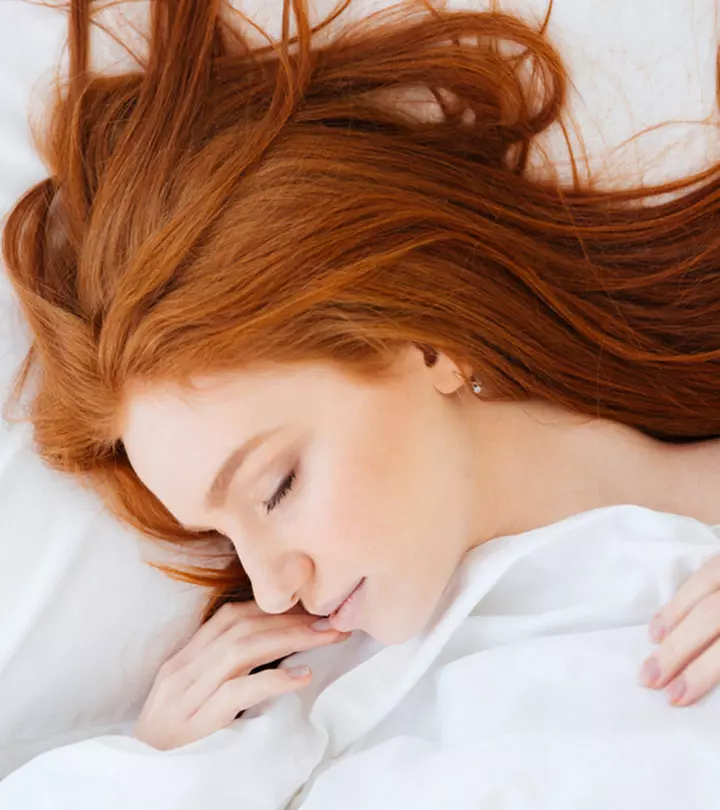
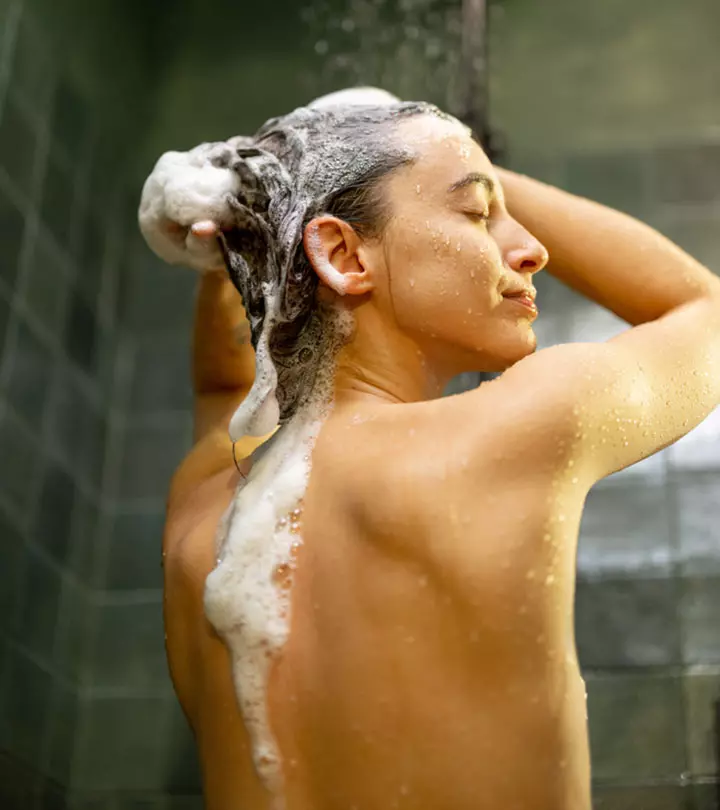


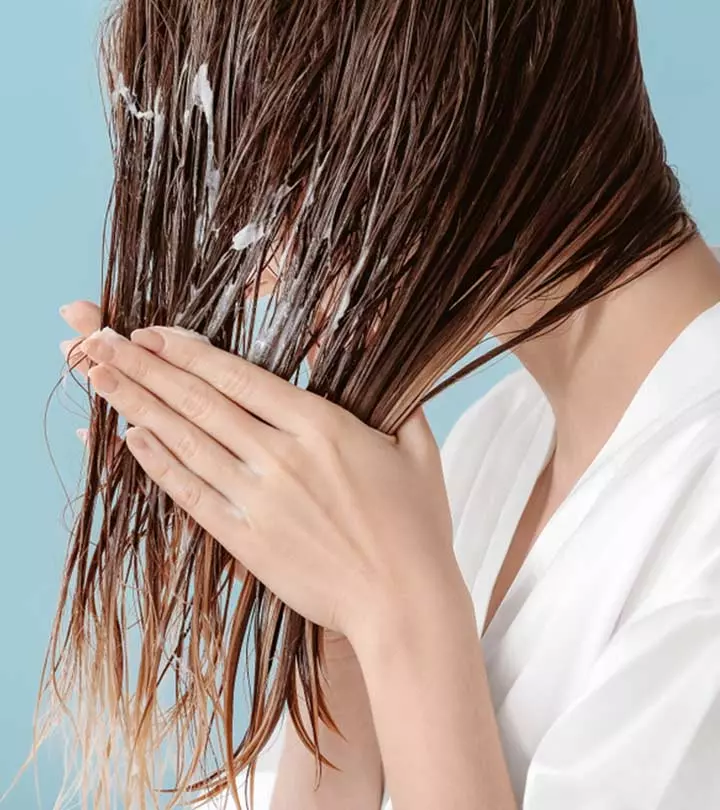

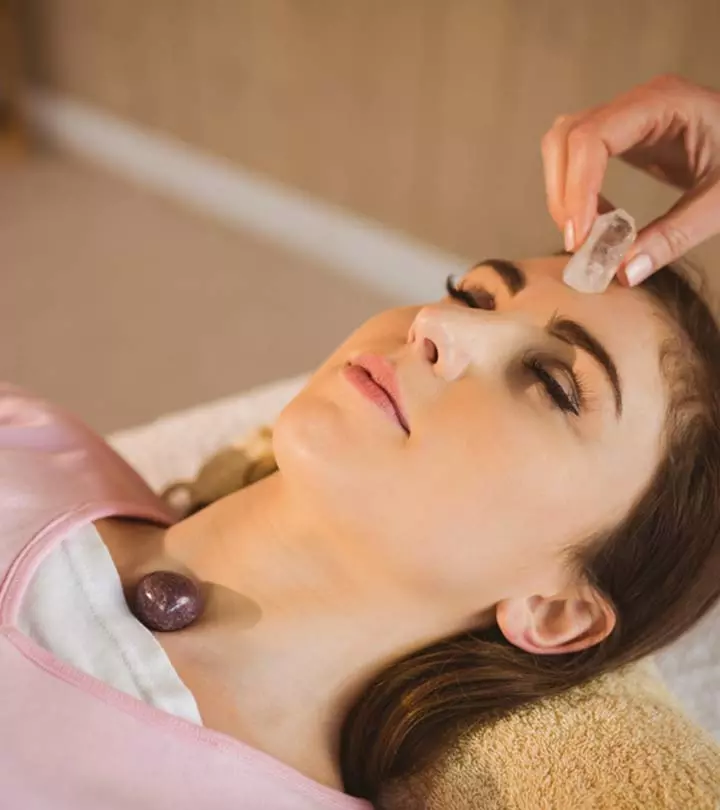

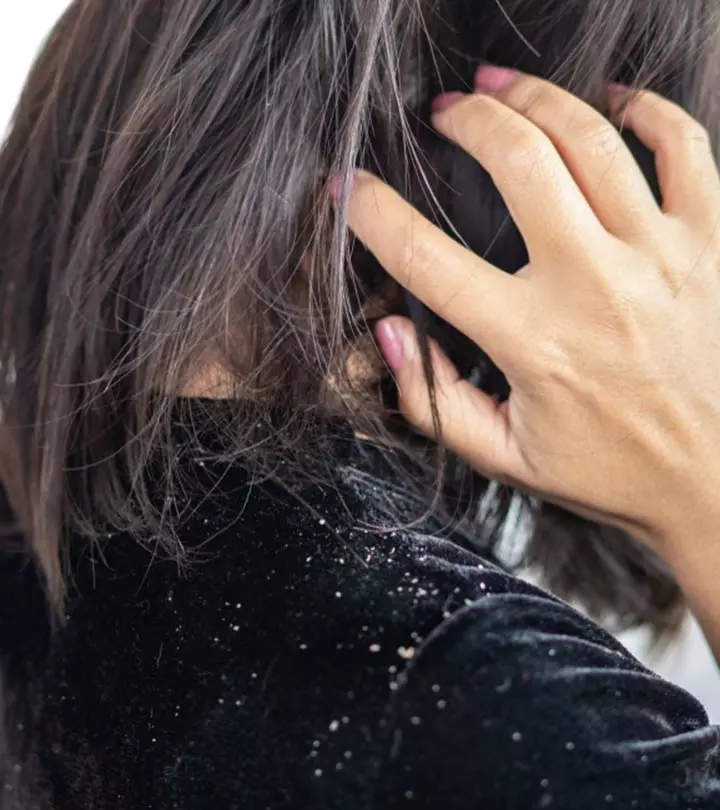
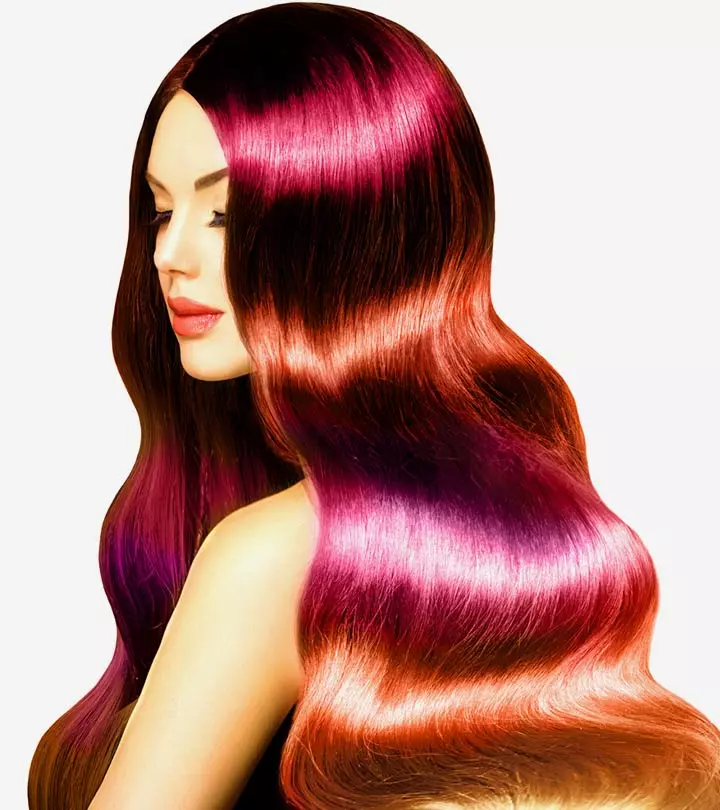
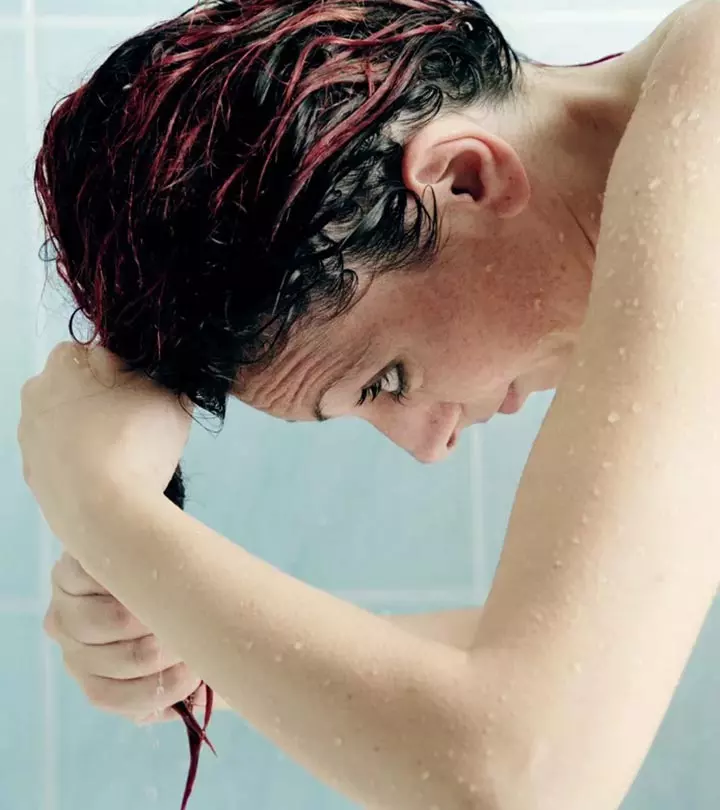
Community Experiences
Join the conversation and become a part of our empowering community! Share your stories, experiences, and insights to connect with other beauty, lifestyle, and health enthusiasts.